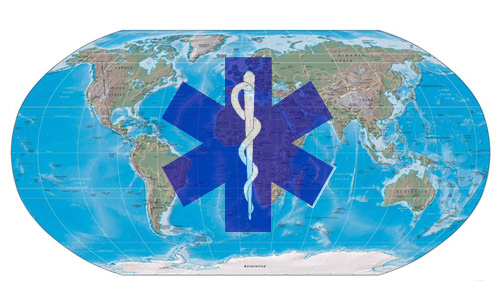Healthcare Provider Strategies for Cross Cultural Communication
Medical Pharmaceutical Translations • Jan 28, 2013 12:00:00 AM

Culture deeply effects a patient’s attitude about medical care. Patients and their families have their own values related to health and illness, reporting symptoms to health care providers, and how treatments should or should not be delivered. Culture strongly influences how a patient sees their role in their own care, how much information they desire and their process for making health care decisions.
Variations exist within specific cultures and working with patients in health care settings in a way that is sensitive to the cultural dynamics of multiple ethnic groups is daunting at best. When working with patients from other cultures, health care professionals providing care or conducting trials should effect the following strategies:
Make the effort learn about the cultural traditions of their patients
Pay attention to body language or lack of response that signals anxiety
Ask open ended questions to gain information about patient beliefs and expectations
Remain non-judgmental when your patient’s values differ from their own
Patients have the right to their own beliefs and values and healthcare care providers should make an effort to understand and respect them.
Questions like how they think their problem began, how severe they think it may be, what kind of treatment they feel they should receive and the kind of results they feel they should see allows a care provider to see through their patient’s eyes. Instead of imposing traditional Western methods, the interaction becomes a collaboration that includes the patient’s interpretation of their condition.
Gleaning a patient’s level of acculturation is also helpful. Good information includes: How long they have been in the U.S.? Was it a voluntary immigration? Do they have friends or family in this country? Understanding how embedded in Western culture they are gives a good indication of their openness to other cultures and thus, U.S. medicinal practices and attitudes. Do they eat traditional foods, wear traditional dress and stick to their own exclusive cultural neighborhood? Someone totally committed to their original culture may be less open to the typical American healthcare experience, and that’s okay. You can explore other options together.
Learning to accept patients for who they are while understanding their approach to health and well being will take down many barriers to providing great care to a variety of people in a cross-cultural setting.
Sherry Dineen
